DBT Therapy in Spain for Emotional Regulation and Addiction Recovery
Updated September 2025
Answers in 30 seconds
- Is DBT therapy available one-to-one in Spain Yes. Sea Recovery provides one-to-one DBT only. No standard groups unless requested.
- What does a DBT programme include Private sessions, skills rehearsal, regulation work, clear boundaries and structured aftercare.
- How long should I stay Stays range from 10 to 14 days for stabilisation to 6 plus weeks for deeper work. Length is co decided and adjusted as you progress.
- Is DBT confidential Yes. Unbranded villa with controlled access and confidentiality measures.
When emotions surge or shut down, insight alone is not enough. Our one-to-one DBT pathway gives you practical, rehearsed skills to ride waves safely, repair relationships and act from values even when you feel overwhelmed.
Watch: How One-to-One DBT Fits Our Private Model
What is DBT therapy (and why it works here)
Dialectical Behaviour Therapy (DBT) was built for people who feel intensely and act quickly when distressed. It sits on the biosocial model: sensitive nervous systems + invalidating environments → chronic emotion dysregulation. DBT teaches skills to notice, name and modulate states; to survive crises without self-damaging behaviour; and to ask for what you need with boundaries and respect.
- Useful for: emotional reactivity, shame spirals, panic–anger swings, impulsive use, self harm urges, relational conflict and perfectionism-driven collapse often seen with anxiety or depression.
- We treat: attachment wounds and BPD traits, complex trauma, ADHD with impulsivity, dual diagnosis, addiction and eating disorders.
DBT target hierarchy (how we prioritise)
- Life-threatening behaviours (active self harm or suicidality) and immediate safety.
- Therapy-interfering behaviours (avoidance, splitting, disengagement, missed sleep plan) so work can happen.
- Quality-of-life behaviours (substance use, binge–purge patterns, rage outbursts, boundary collapses).
- Skills generalisation into daily routines, relationships and work.
Stages progress from stabilisation and behavioural control to emotional processing and building a life worth living. We pace to your capacity; we do not rush exposure or trauma work until regulation is reliable.
Core DBT modules (skills you will actually use)
- Mindfulness. Observing, describing, participating; Wise Mind; non-judgemental stance to counter rumination in depression and threat scanning in anxiety.
- Distress Tolerance. STOP, TIP (temperature, intense exercise, paced breathing), self-soothe kits, pros/cons and urge surfing for addiction urges and binge–purge spikes.
- Emotion Regulation. Name and aim emotions, ABC PLEASE (sleep, nutrition, movement), opposite action to shift withdrawal in depression.
- Interpersonal Effectiveness. DEAR MAN, GIVE, FAST for asking, saying no and preserving self respect when BPD traits or attachment injuries drive conflict.
Tools we practise: chain analysis and solution analysis, diary cards (one-to-one), behavioural experiments, values-aligned commitments, in-villa skills rehearsal and real-world roleplays.
DBT for addiction, trauma and ADHD
Emotional pain often drives use and compulsions. DBT reduces cue reactivity and builds delay between urge and action.
- Addiction. Craving maps, urge surfing, opposite action while we stabilise sleep and stress systems. See Addiction treatment.
- Trauma-linked reactivity. Grounding and TRE to lower baseline arousal; DBT skills before any trauma processing.
- ADHD. External cueing, friction reduction, short-repeatable routines, values-led micro goals and impulse-delay drills. See ADHD treatment.
DBT for eating disorders (binge–purge, restriction, compulsive exercise)
For many, food and body behaviours are attempts to regulate intolerable states. DBT gives safer ways to ride urges and soothe without harm. We integrate DBT within our eating-disorder treatment pathway.
- Bulimia and AN-BP. Chain analyses around binge–purge cycles; urge surfing and TIP to cross the peak; opposite action to interrupt compensatory behaviours; post-incident repair without shame.
- Binge-eating presentations. Emotion identification, values-aligned alternatives, environment design, stimulus control and paced breathing for craving windows.
- Restriction and compulsive exercise. Distress tolerance for body-image spikes, micro-exposures to feared foods, opposite action toward nourishment and rest; boundaries with apps, mirrors and weigh-ins.
- Interpersonal pieces. DEAR MAN scripts for mealtime support, comments on weight or appearance and family boundaries.
Safety and scope. Where medical risks exist, we coordinate medical oversight and nutritional planning. DBT focuses on skills and behaviour change; medical decisions remain with appropriate clinicians.
Measures we may use: episode frequency, urge intensity ratings, mealtime distress ratings, EDE-Q short forms, body-image distress scales and sleep continuity. Progress is reviewed weekly and plans adjusted.
DBT for mental health (anxiety, depression, OCD traits, BPD)
DBT skills help across common conditions when emotions drive avoidance, rumination or rigid rules.
- Anxiety. TIP for physiological spikes; opposite action to anxious avoidance; DEAR MAN for boundary-based exposure to feared conversations.
- Depression. Behavioural activation within ABC PLEASE; values micro steps; opposite action to withdrawal; evening device boundaries to protect sleep.
- OCD traits. Distress tolerance for uncertainty, mindfulness of intrusive thoughts and response-prevention coaching. For formal OCD, DBT skills are paired with ERP-informed work.
- BPD traits and relational volatility. Emotion naming accuracy, rupture–repair sequences, DEAR MAN, GIVE and FAST to ask, connect and keep self respect.
Medication and liaison. Where medication is relevant, we liaise with prescribers with your consent. DBT complements medical care; it does not replace it.
What progress looks like (week by week)
- Week 1. Safety plan, sleep and light timing, diary card setup, first skills: STOP, paced breathing, one interpersonal template.
- Week 2. Chain analysis on a recent incident; introduce TIP and Opposite Action; a values micro goal; first boundary script.
- Week 3. Emotion naming accuracy, ABC PLEASE routines, graded exposure to an avoided conversation or mealtime with rehearsal.
- Week 4+. Consolidation and generalisation: skills under fatigue or trigger; relapse-prevention playbook; partner or family session if helpful.
Measuring change (simple and visible)
- Diary card markers: urges (0–5), target behaviours, skills used, confidence after use.
- Brief scales: PHQ-9 for depression, GAD-7 for anxiety. Optional: DERS, ISI, EDE-Q, OCI-R.
- Function: boundary follow-through, rupture–repair speed, morning steadiness, device boundaries, mealtime completion where relevant.
The daily rhythm (no groups unless requested)
- Morning: breath-led grounding, skills rehearsal, one-to-one session
- Midday: chef-prepared lunch, reflective time, optional bodywork
- Afternoon: chain or solution analysis; interpersonal or mealtime coaching if indicated; nature walk
- Evening: journalling, sleep protection protocol, device boundary
Programmes and entry points
DBT can anchor any of our pathways. We choose a starting point together and adjust weekly.
- Essential Care Programme short stabilisation and skills ramp
- Deluxe Programme deeper DBT with somatic care
- Executive Programme skills work with discreet device windows
- Premium Tailored Programme complex needs at a steady pace
- Ultimate Bespoke Programme ultra private, expanded team
- Outpatient Programme and Secondary Care Programme continuation and accountability
Safety, pacing and contraindications
- We do not push exposure or trauma processing until regulation is reliable.
- Considerations: acute psychosis, uncontrolled mania, severe cognitive impairment. We can help you find stepped care if required.
- Medical liaison: with consent, we coordinate medication reviews and sleep support; quiet detox if indicated.
- Privacy: unbranded villa; movement is discreet; no external contact without consent. See Confidentiality.
Relapse prevention: your DBT playbook
- Early signs: sleep drift, skipped meals, device spirals, black-and-white thoughts, urge spikes.
- First aid: STOP → TIP → 10 minute opposite action → one DEAR MAN message.
- Boundaries: device windows, alcohol rules, cooling-off scripts, partner support roles.
- Aftercare cadence: weekly remote sessions for 4–6 weeks, then taper; optional skills refreshers.
Is this you?
- You flip from fine to furious and regret messages you send at night.
- Shame and panic collide after conflict; you reach for alcohol, food or scrolling to numb.
- You fear being too much, so you over compensate, then burn out.
- You want tools you can use in the room and at home, not just insight.
Client vignette (anonymised)
A 38-year-old founder arrived after a public burnout. We stabilised sleep and meals, introduced STOP and TIP, and rehearsed two boundary scripts. MET sessions aligned values with a realistic work cadence. After three weeks she reported fewer ruptures, faster repairs and a 60–90 minute evening device boundary that holds under stress. Episodes of binge–purge dropped from daily to one in week three with urge intensity halved.
Related therapies
Related conditions
Research and compare (Europe)
Frequently asked questions
Is DBT at Sea Recovery truly one-to-one
Yes. DBT is delivered privately. We can add a small skills group or partner or family session only if you request it and it is clinically useful.
Can DBT help with binge–purge or restriction
Yes. We use chain analysis, urge surfing, opposite action and mealtime coaching to reduce binge–purge or restriction safely. Medical and nutritional oversight is coordinated where indicated. See eating-disorder treatment.
Can DBT help with anxiety or depression
Yes. DBT pairs well with anxiety treatment and depression treatment by reducing physiological spikes and avoidance, and by adding behavioural activation.
Do you combine DBT with other treatments
Yes. DBT is paired with TRE for arousal downshift, CBT for thinking traps, MET for motivation and family sessions as needed.
How quickly can I start
Most admissions can begin within 48 hours following assessment and planning.
What languages are available
Therapy is available in English and other languages via our bilingual therapy team.
Begin DBT therapy in Marbella, Spain
If you want calm, private and practical support, Sea Recovery offers one-to-one DBT in a luxury villa near Marbella. Speak to admissions for a confidential plan.
LIFE AT SEA RECOVERY
Step Inside a Healing Experience Like No Other
IN-HOUSE AMENITIES
View the gallery of our in-house amenities
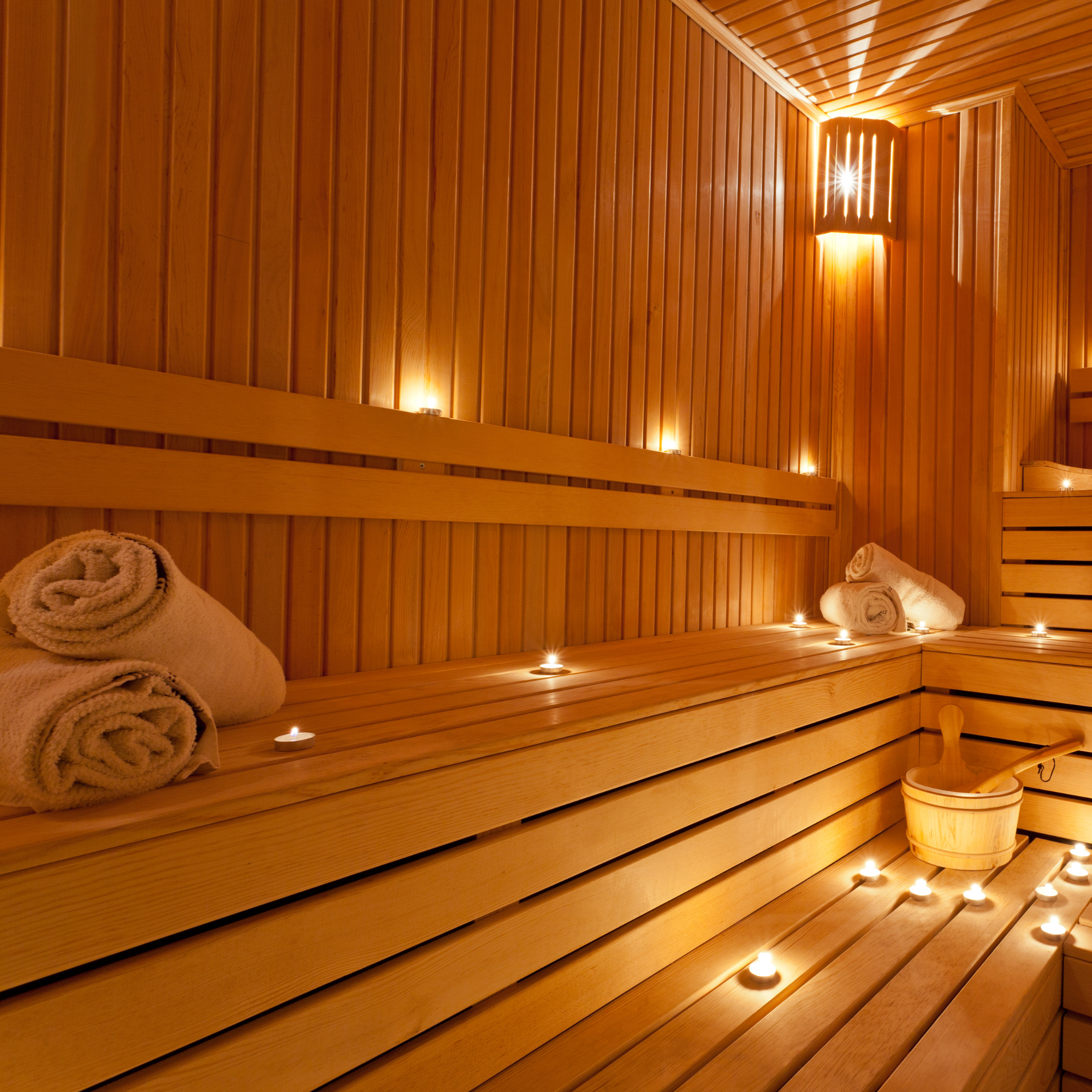
Sauna & Hammam
Indulge in the ultimate relaxation at our sauna and Hammam, complete with a steam room and Jacuzzi.
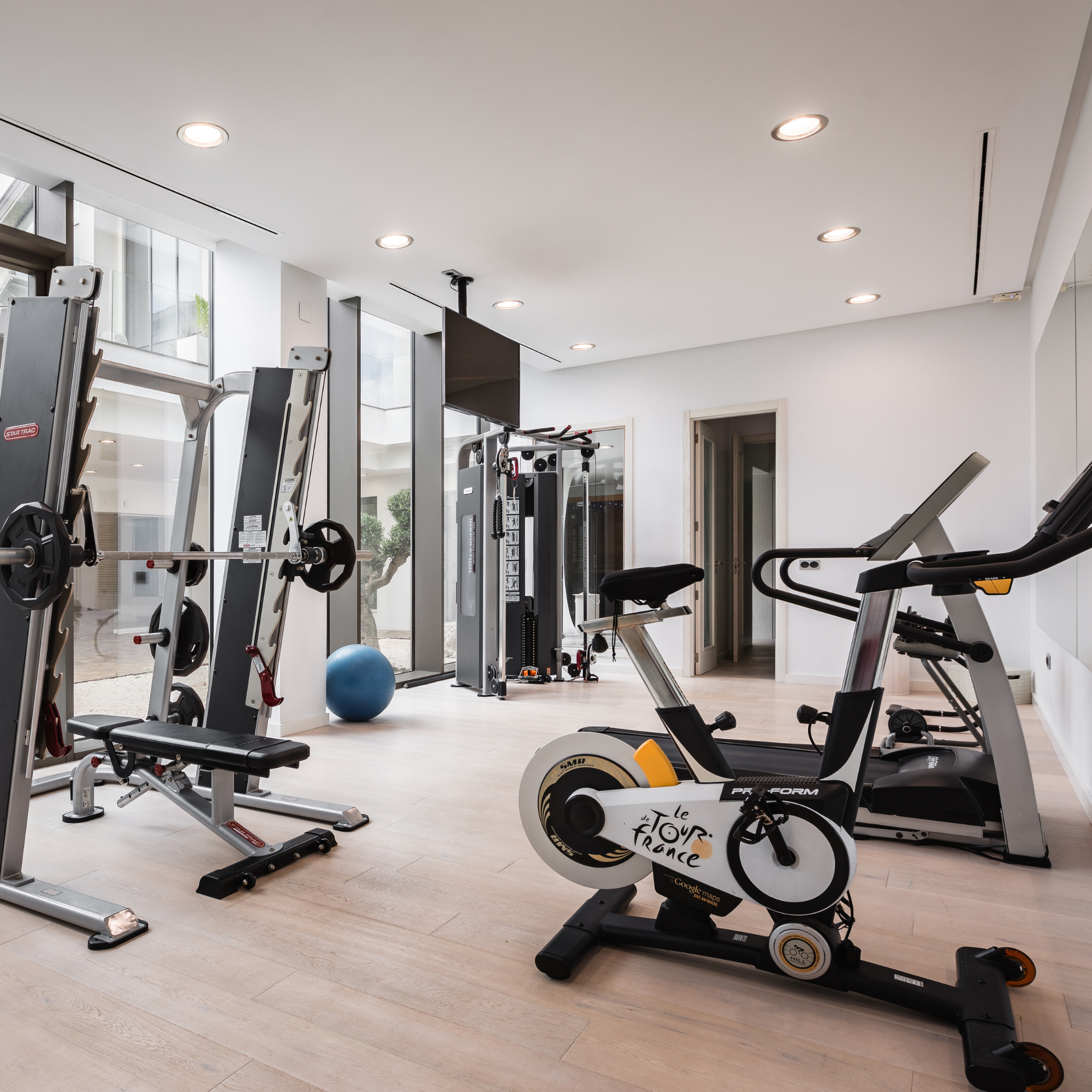
Fitness Centre
Our luxury fitness centre, where wellness meets sophistication. We also provide a professional personal trainer.
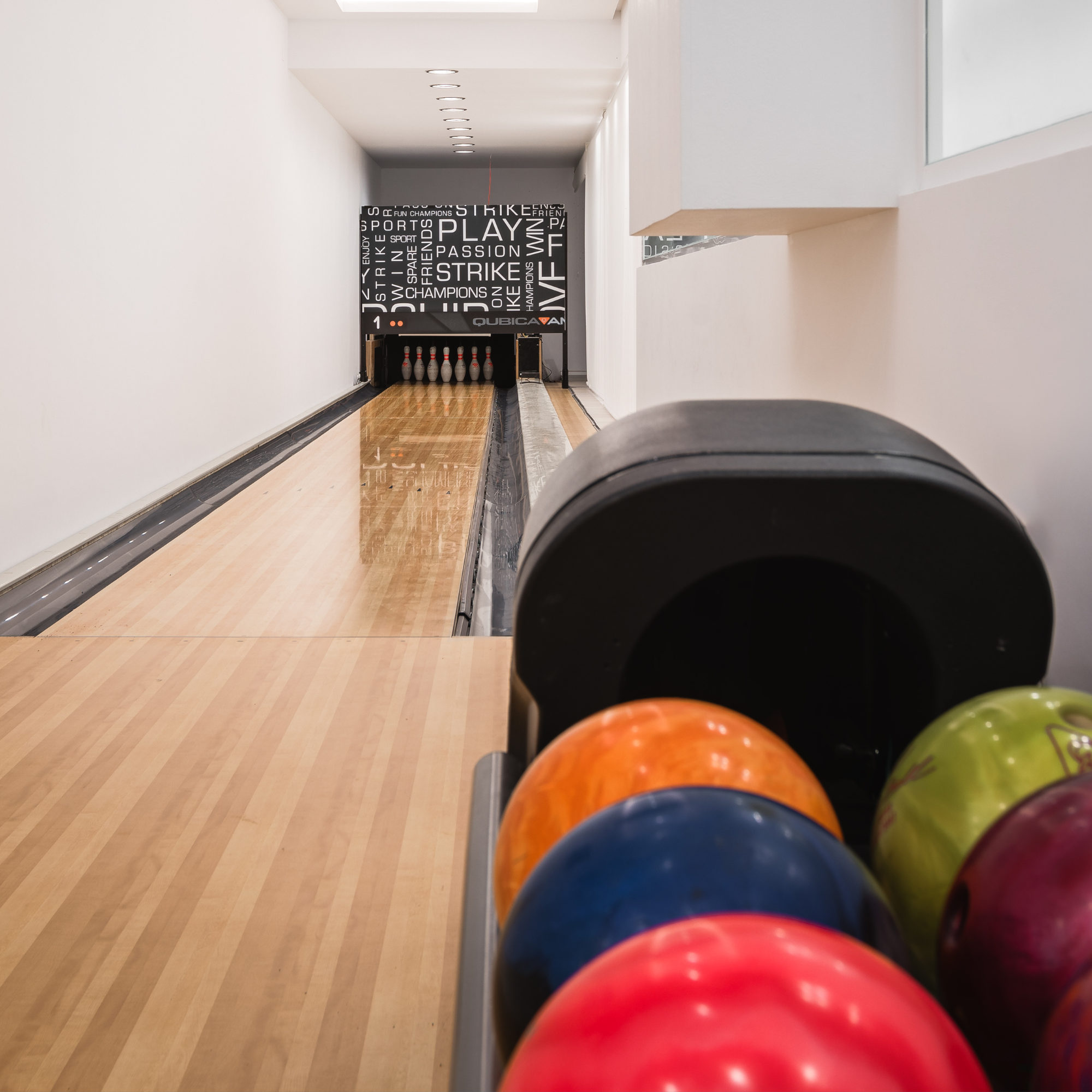
Bowling Alley
Our professional 10-pin Bowling Alley is the perfect place to unwind, socialise & enjoy a fun, stress-free activity as part of your recovery journey.
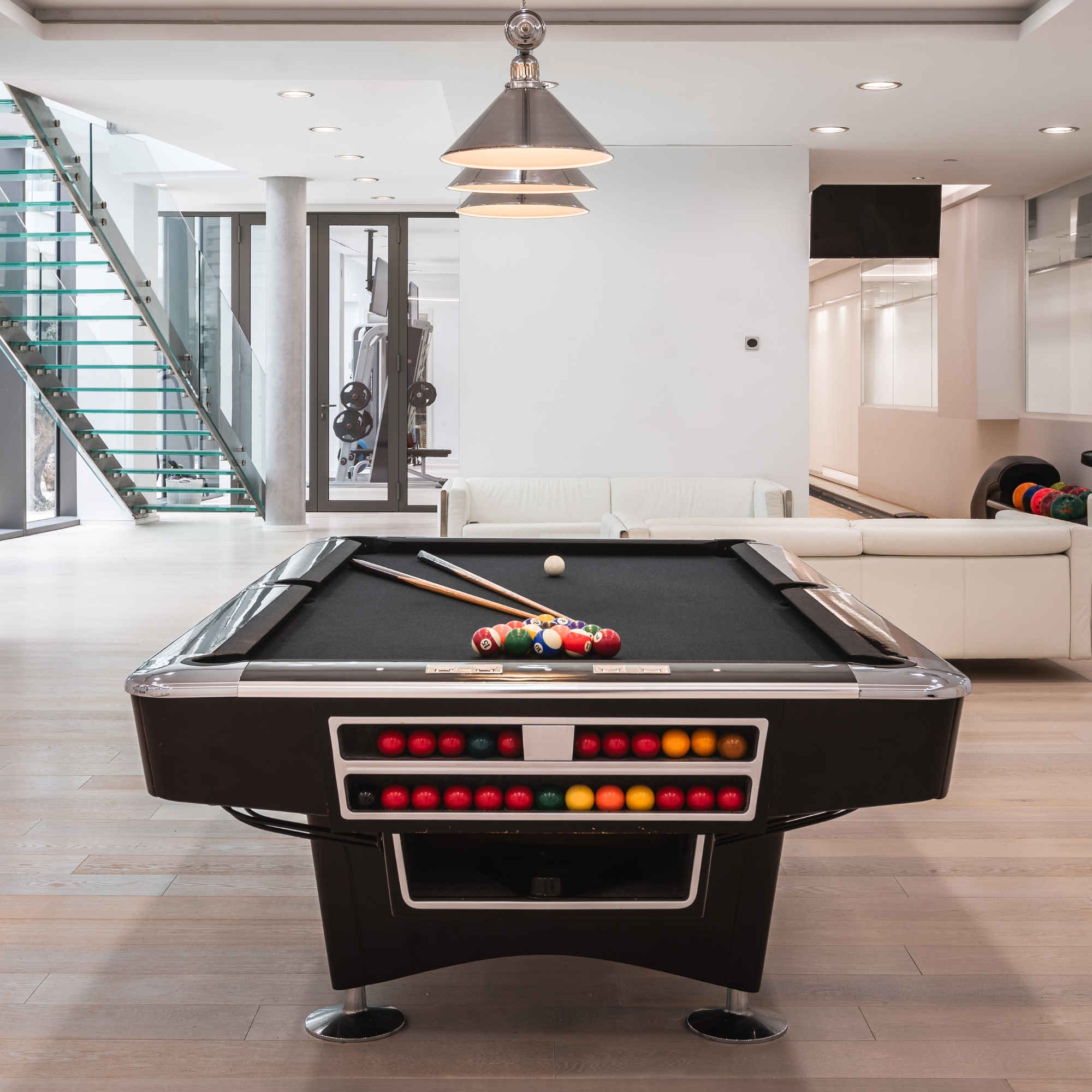
Games Room
Our luxury Games Room offers the perfect retreat for relaxation and mindful recreation, Whether enjoyed solo for quiet reflection or as a social activity.
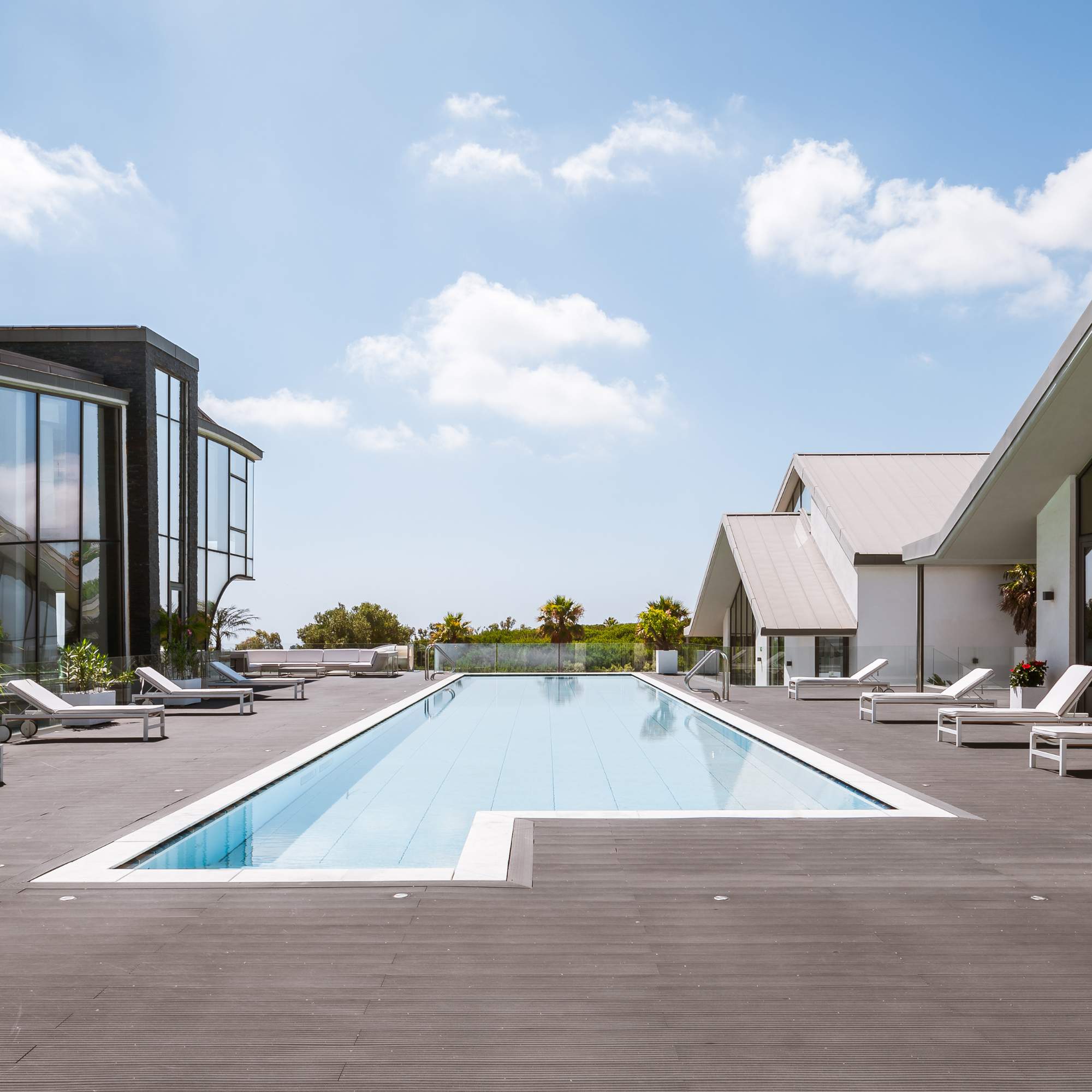
Athletic Size Swimming Pool
Dive into our full-sized athletic swimming pool, designed for both fitness and leisure.

Tennis Court
A professional-grade, floodlit tennis court designed for optimal playability, durability, and performance. We also offer professional tennis coaching.

Ice Bath
Experience the power of cold exposure with the Wim Hof Method. Led by a certified instructor, our ice bath sessions help reduce inflammation, boost circulation, and improve mental clarity. It's the perfect way to accelerate recovery, reset your body, and energize your mind
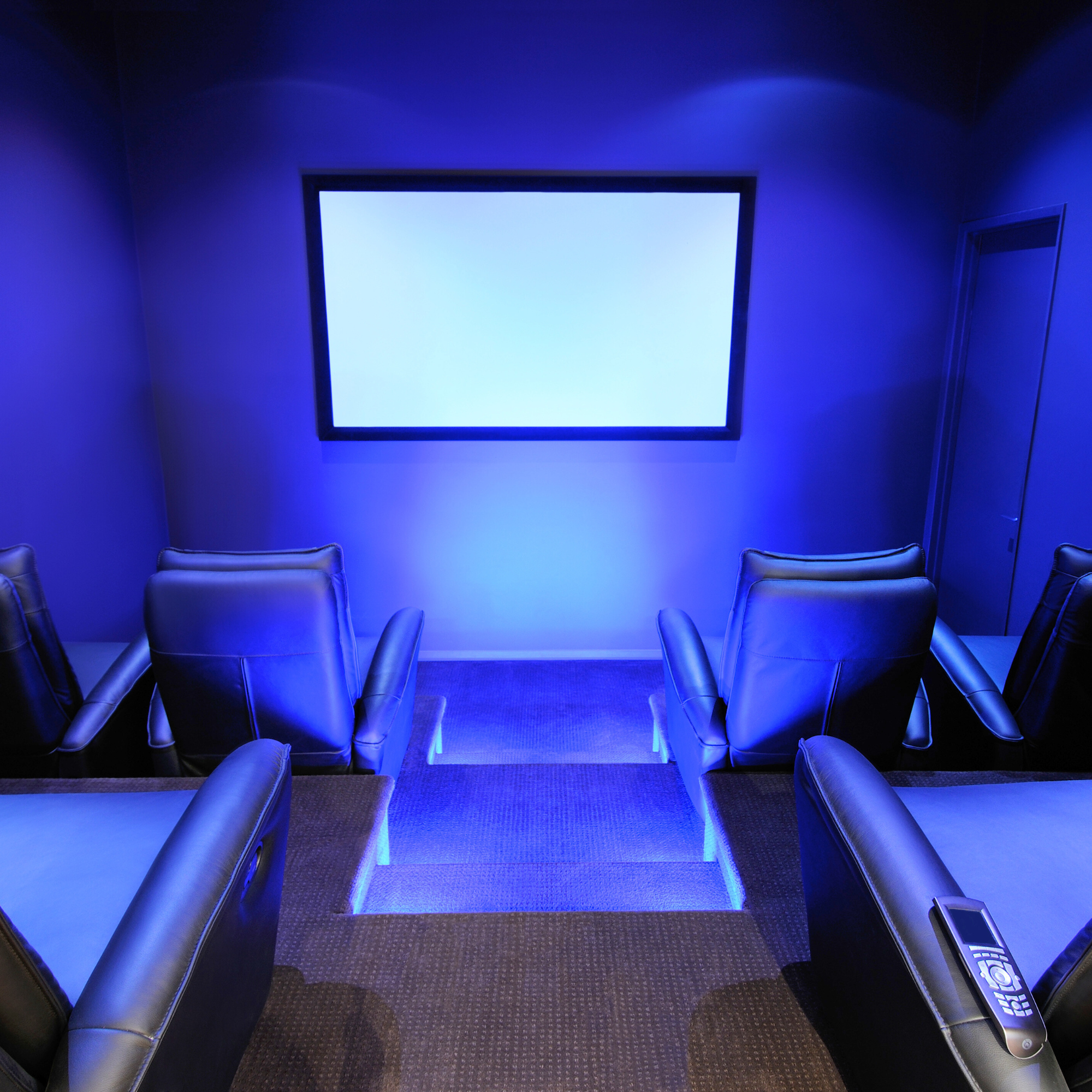
Cinema Room
Immerse yourself in luxury with our private home cinema, designed to offer the ultimate relaxation experience.
Our professional team is available 24/7 to assist you—reach out anytime.
Reach us via WhatsApp, Phone & Email
- natalie@searecoverycentre.com
-
+447464412339
-
Marbella - Sotogrande, Spain
- Find us on Facebook
- Find us on Instagram
-
24/7 - 365 Days a Year
- Choosing a selection results in a full page refresh.
